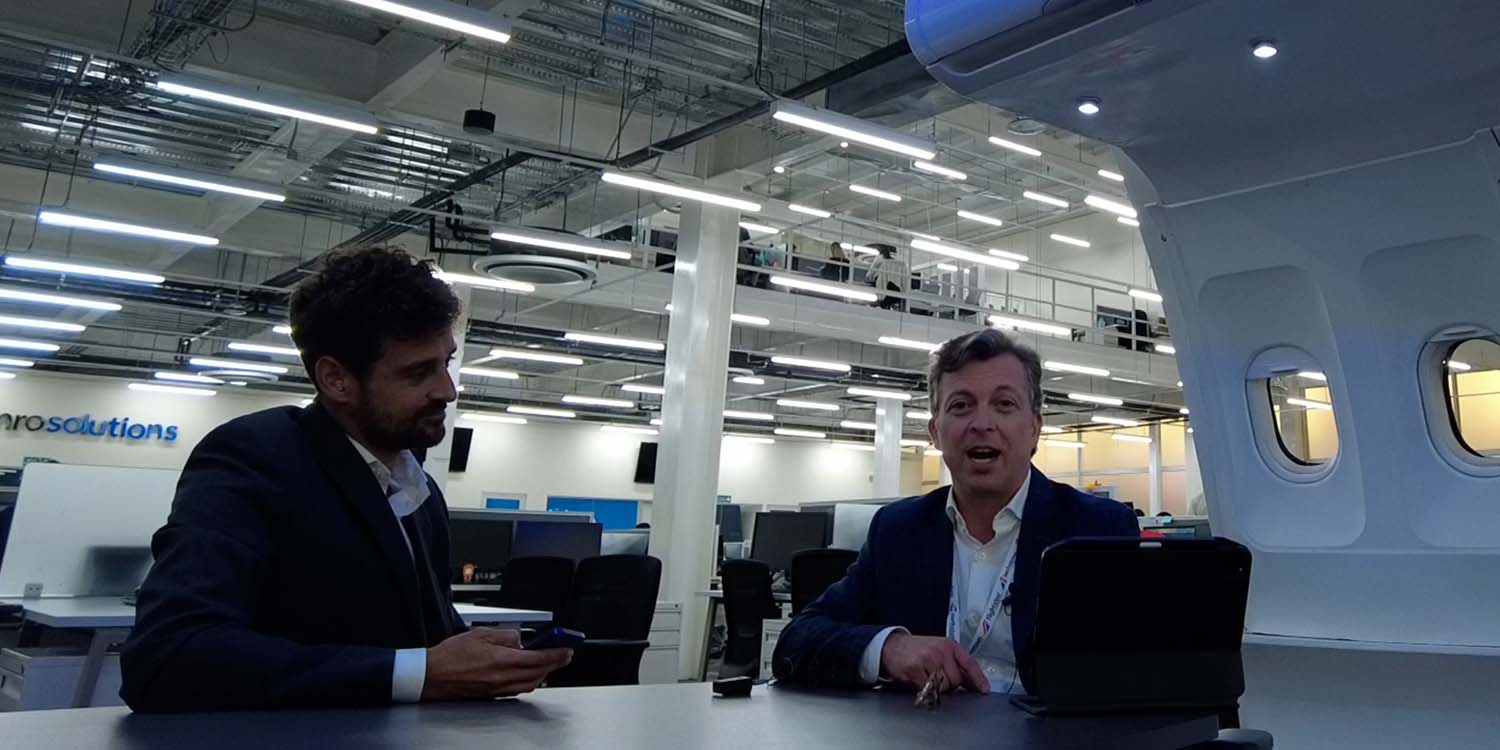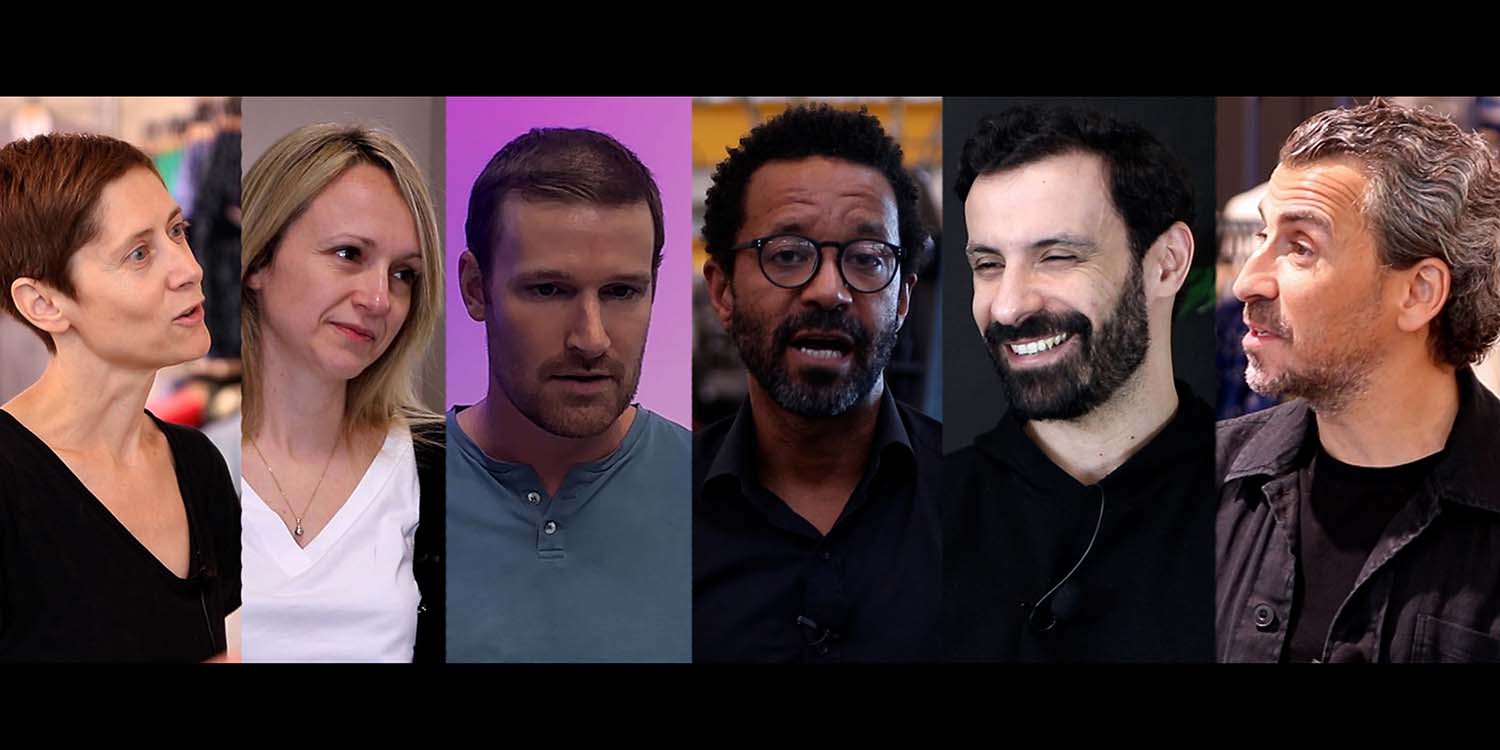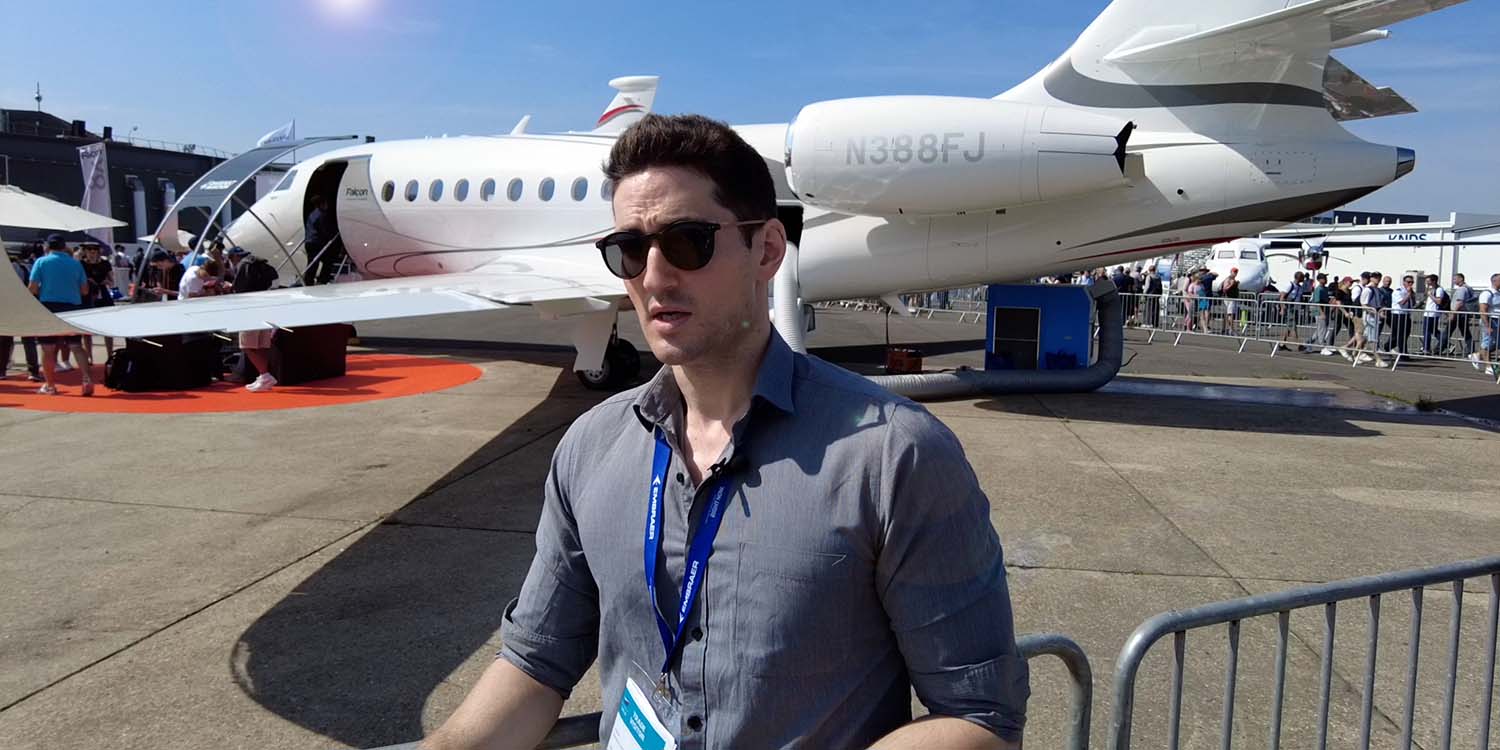00:00:00 Introduction by Baptiste Miceli
00:00:35 Rodrigo’s role and supply chain challenges
00:02:07 Standardizing procurement and profitability focus
00:04:10 Operations challenges and Lokad’s process improvement
00:06:22 Lokad’s philosophy and demand volatility solutions
00:08:38 Closing remarks and partnership appreciation
Summary
Note: The audio quality changes at [7:07] due to unforeseen technical difficulties. We apologize for any inconvenience and thank you for your understanding.
In a conversation revealing the intricacies of aviation MRO supply chain management, Baptiste Miceli of Lokad and Rodrigo Pineda of MRO Holdings discussed the challenges of standardizing inventory planning across diverse operations. Pineda detailed efforts to harmonize procurement strategies and risk management for MRO Holdings, emphasizing the need for profitability in their standalone operations. Lokad’s tailored software solutions aided in creating a unified material planning process, despite the volatility of demand in the MRO industry. Their event-based forecasting provided a clearer prediction model, leading to satisfaction and a commitment to ongoing improvement in managing the ever-changing supply chain landscape.
Extended Summary
In the intricate dance of supply chain management, where the rhythm is set by the unpredictable demands of aviation maintenance, repair, and overhaul (MRO), Baptiste Miceli of Lokad and Rodrigo Pineda of MRO Holdings engaged in a dialogue that illuminated the complexities of inventory planning in a sector where standardization resists easy implementation.
Miceli, a Supply Chain Scientist, ventured into the operational heart of MRO Holdings, a client company thriving in the aviation MRO sector, to converse with Pineda, a seasoned Supply Chain Planning and Operations Specialist. Their exchange delved into the challenges and triumphs of managing a supply chain that must cater to a diverse clientele across various geographical locations, primarily in the Americas.
Pineda, tasked with the herculean effort of unifying disparate procurement philosophies across four distinct operations, recounted the initial struggles of harmonizing risk management, stock levels, and critical part identification. The goal was to forge a singular, adaptable philosophy that could be applied across the board while maintaining a laser focus on profitability—a necessity for a standalone company like MRO Holdings, which operates as a profit center independent of any airline.
The conversation turned to the role of Lokad in this transformative journey. Pineda praised Lokad’s unconventional approach, which eschewed a one-size-fits-all software solution in favor of a collaborative philosophy tailored to the unique needs of MRO Holdings’ operations. This partnership facilitated the standardization of material planning processes, allowing for a cohesive corporate vision to be implemented across all units.
Miceli, inquiring about the main hurdles faced by Pineda, uncovered the crux of the challenge: volatility in demand. The MRO industry, unlike manufacturing, does not follow a predictable recipe. Each aircraft inspection can yield wildly different maintenance requirements, with parts that may need repair or replacement based on a multitude of variables, including the specific task, the fleet, and the customer.
Lokad’s event-based forecasting emerged as a beacon of clarity in this environment, simplifying predictions and mapping demand for each part number. Pineda expressed satisfaction with the results and a commitment to continuous improvement, a sentiment echoed by Miceli, who concluded the interview with an expression of gratitude and the anticipation of future collaboration.
In essence, the dialogue between Miceli and Pineda encapsulated the ongoing quest for equilibrium in a sector where the only constant is change, and the pursuit of a unified supply chain philosophy is as much an art as it is a science.
Full Transcript
Baptiste Miceli: Hello everyone, I’m Baptiste. I’m a Supply Chain Scientist at Lokad, and here we are in MRO Holdings’ building just to visit our client. I’m here to talk with Rodrigo Pineda, the Senior Inventory Planning Manager for MRO Holdings. We’re glad to have you here, thank you so much.
Rodrigo Pineda: Thank you.
Baptiste Miceli: Just to start the conversation, I want to ask you a quick question regarding the way you work today. You are part of a group which has many different UPOs, and those UPOs are located in different areas of the world, mainly in America. But you have different clients; you are not an MRO Holdings company from an airline company, so you have many clients. And your profitability is your own operation. I would like to know how you manage to restock your material in front of a very different demand based on clients, on fleets, or probably on checks.
Rodrigo Pineda: Great question. We had lots of challenges doing this. When we started, we were a group of four different operations with different philosophies on how to procure. There are so many theories about inventory planning, like restocking, reorder points, min-max, etc., and different ways of forecasting. We found out that we had four different operations with completely different philosophies on how to manage risk, how much stock to carry, and how to identify the part numbers that were critical to have in stock. It was a big challenge. The first thing we tried to do was to standardize a unique philosophy for the whole group as we were growing as a corporation.
One of the key tasks we were handed was to build standardized processes. But the challenge arises when you go deeper into each UPO and understand that each operation is totally different. You cannot say what works in one will work in another. So we had to find a philosophy that would apply to all operations. As you were saying, we’re a standalone company; we are not part of an airline, we are a profit center. So what we need to do is keep track of profitability always in our heads for everything that we do.
We struggled a little at first, but with the help of different tools that we could find, we slowly started building our own philosophy on how to do things. We started by targeting and trying to identify the materials that were needed, and we started with one operation. We understood how one operation worked, and then we faced the challenge of going to the next operation, and that’s where we really found many issues. That’s our main challenge until today.
Baptiste Miceli: As a Supply Chain Scientist at Lokad, I would like to know, in that process where Lokad was involved, did Lokad help you?
Rodrigo Pineda: Oh yes, for sure. As I was saying, we started with the first operation, we understood how it worked, and it was a more mature operation with the most standardized processes and more stability. When we went to a different operation, which didn’t have as much process or stable information, we ran into many issues. That’s when we decided that we needed help. We couldn’t do this with Excel sheets and establishing our reorder points; the volume was also becoming too much.
So we decided to ask for help. We looked at different companies that provide world-class leading software. We chose to go with Lokad. The first thing that grabbed our attention was that Lokad didn’t offer a finished product; they offered a philosophy of work and how to apply this philosophy based on our needs. This made the software specialized for the specifics of our operations, which are different.
It’s not a finished product, so Lokad also offers growing together. It’s not just ‘here’s the software, only contact us when there’s trouble.’ You work together with us in continuously improving the tool, which is invaluable for us. We keep fine-tuning the tool, and that is great for us. So yes, Lokad has been a very useful tool and part of our main way of standardizing the processes in each of the UPOs. We started implementing Lokad in one operation, then another, and now it has become our tool, our way of standardizing the material plan across all the operations under the same philosophy and corporate vision.
Baptiste Miceli: As a last question, I would like to know from your perspective and your experience as a Supply Chain practitioner in MRO Holdings, what has been the main challenge that you faced here?
Rodrigo Pineda: Many challenges, but I would say that the main challenge has been trying to deal with the volatility of our demand. We are in the MRO industry, so it’s not like we have a set list of ingredients to make a product; we’re not manufacturing. What we do is, once we inspect the plane, the part might be damaged and can be repaired, or it might be damaged and has to be completely replaced.
There’s a lot of variability in our demand. There are some materials that are constantly used, but there are also materials that are randomly used depending on the task, the fleet of the airplane, and the customer. Dealing with that, Lokad has been a great help. We have managed to go for forecasting on an event-based focus, which has greatly simplified the way we forecast and the way we can map the demand of each part number. Yes, it has been a very good tool, and we’re very happy with the results, and we keep working on trying to improve them on an ongoing basis.
Baptiste Miceli: Thank you so much for your answer. Thank you so much to everyone watching the video. It was a real pleasure to be here with you in El Salvador. I hope we see you soon in Paris.
Rodrigo Pineda: Oh, that would be great. Yes, we really hope that we continue this great partnership that we have, that we continue growing together. Thank you, everybody.


